
Zhao Tao
出生 : 1977-01-28, Taiyuan - Shanxi - China
略歴
From Wikipedia, the free encyclopedia.
Zhao Tao (Chinese: 赵涛, born 28 January 1977) is a famous Chinese actress, work in China and Europe, she has over 10 films to her credit since starting her career in 1999, muse of director Jia Zhangke. Zhao first came into international prominence through close collaboration with Chinese director Jia Zhangke and is credited with helping to bring Chinese cinema to Europe, especially Italy. As Shun Li in Io sono Li, her best starring role to date, she became the first Asian actress to win a prize at David di Donatello. Zhao's native language is Jinese, but she is multilingual, having learned to speak Italian, Mandarin and Szechuanese.
Biography
She was born January 28, 1977, in Taiyuan, Shanxi, which is also the hometown of the heroine in Still Life. As a child, she studied classical Chinese dance. In 1996, she enrolled in the folk dance department at Beijing Dance Academy. After graduation, she became a dance teacher in Taiyuan Normal College, where she was spotted by Jia during casting for Platform. Since then they work frequently together.
In 2011 she starred in the Italian movie Shun Li and the Poet by Andrea Segre, the movie was screened in the Venice Days section of the 68th Venice International Film Festival.
Zhao won the David di Donatello Award, the Italian Oscar, for Best Actress for her bilingual role.

Producer
Filmmaker Jia Zhangke chronicles his local literature festival in Shanxi, China which includes a multi-generational roster of the country's most esteemed writers.
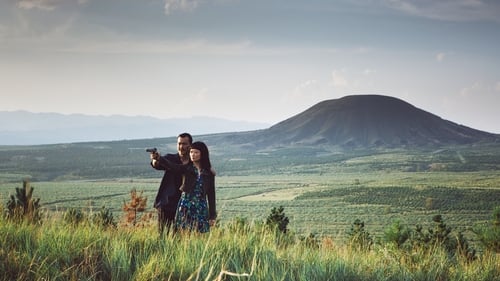
Zhao Qiao
Set in China's underworld, this tale of love and betrayal follows a dancer who fired a gun to protect her mobster boyfriend during a fight. On release from prison 5 years later, she sets out to find him.
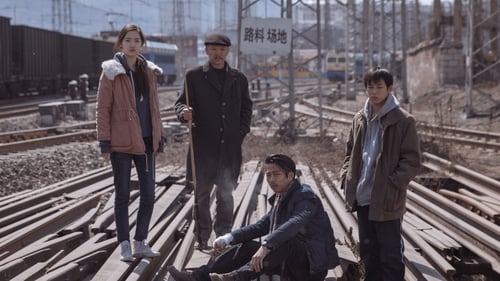
History Teacher
In the northern Chinese city of Manzhouli, they say there is an elephant that simply sits and ignores the world. Manzhouli becomes an obsession for the protagonists of this film, a longed-for escape from the downward spiral in which they find themselves.

A short film omnibus featuring the work of five directors representing five countries involved in the 2017 BRICS summit, an annual international relations conference held between Brazil, Russia, India, China and South Africa. The collection—taking the concept of time as a unifying theme—depicts the economic, political, and social alienations and contradictions that create, compound, and structure issues as wide-ranging as poverty, class stratification, and homeless; familial distress; spousal abuse; and natural disaster.

Revive is one of five short films within the Jia Zhangke-produced omnibus film Where Has Time Gone? with contributions from each of the BRICS countries (Brazil, Russia, India, China, and South Africa). In Jia’s segment, a Chinese couple in the ancient town of Pingyao attempts to breathe new life into their old love as they ponder having a second child. Pingyao, home to the film festival Jia has co-founded, is a highly picturesque UNESCO World Heritage Site, and Jia humorously plays with a very recent dilemma – the second child policy dates from only 2013 – in a setting itself forcibly revived from history.
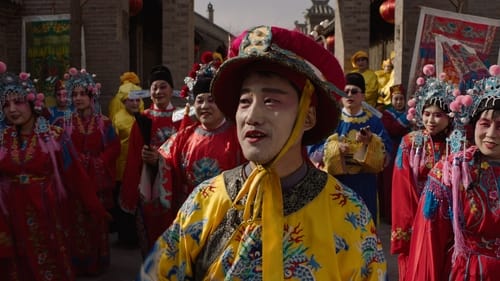
Writer
Jia Zhangke brings to this edition of the Beautiful series The Hedonists, an engaging drama about several unemployed Shanxi coalminers looking for work.

Shen Tao
1999年、中国山西省のフェンヤン。小学校の女性教師タオと、炭鉱で働く青年のリャンズー、そして若き実業家のジンシェンは、仲の良い幼なじみ。2人の男性からともに想いを寄せられていたタオは、やがてジンシェンからのプロポーズを受け入れて彼と結婚し、男児を生む。2014年。ジンシェンと離婚し、ひとり暮らしをしていたタオのもとへ、息子のダオラーがやって来て、2人は数年ぶりに親子水入らずの時を過ごす。

Jia Zhangke's short film for Greenpeace East Asia depicts the effects of air pollution in northeast China, a region frequently blanketed in dangerous levels of air pollution. 'Smog Journeys' traces two families from two different backgrounds; one a mining family in Hebei province, and the other a trendy middle class family in Beijing. Both face a similar fate. Air pollution is one of China's most pressing environmental and health issues. Greenpeace calls for a shift from coal to clean renewable energy, as well as short term measures that better safeguard people's health.
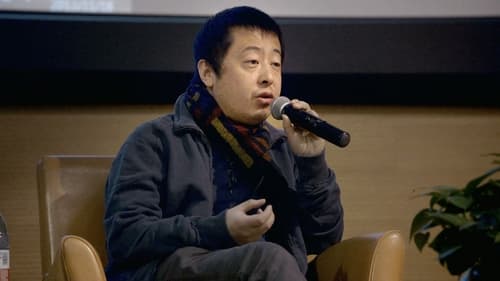
Self
Chinese filmmaker Jia Zhangke returns to the shooting locations of his films, along with his actors, friends and close collaborators. Jia recalls the inspiration sources for his movies, such as Platform, Still Life and A Touch of Sin. The film is the memory of a filmmaker and of a country in convulsion, China, which reveals itself little by little.
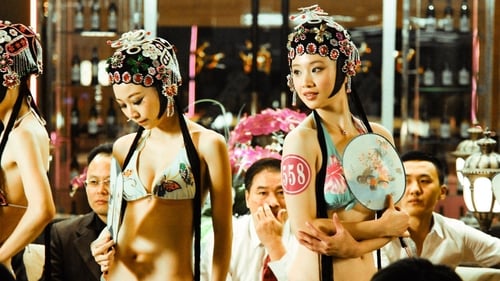
Xiao Yu
Four independent stories set in modern China about random acts of violence.

(segment "Alone Together")
In memory of the Japanese earthquake on 3.11, each director presents a 3 minute and 11 second short film in tribute to those who were lost that day.

Shun Li
A study of the friendship between a Chinese woman and a fisherman who came to Italy from Yugoslavia many years ago, who live in a small city-island in the Veneto lagoon.

Self
Focuses on the people, their stories and architecture spanning from the mid-1800s, when Shanghai was opened as a trading port, to the present day.

Blue Goddess
TEN THOUSAND WAVES is a 9-screen installation shot on location in China. The work poetically weaves together stories linking China’s ancient past and present. Through an architectural installation, the work explores the movement of people across countries and continents and meditates on unfinished journeys. Conceived and made over four years, TEN THOUSAND WAVES sees Julien collaborating with some of China’s leading artistic voices, including the legendary siren of Chinese cinema Maggie Cheung; rising star of Chinese film Zhao Tao; poet Wang Ping; master calligrapher Gong Fagen; artist Yang Fudong; acclaimed cinematographer Zhao Xiaoshi; and a 100-strong Chinese cast and crew. The film’s original musical score is by fellow East Londoner Jah Wobble and The Chinese Dub Orchestra and contemporary classical composer Maria de Alvear.

Jia Zhangke’s short for Modern Weekly’s special tenth anniversary issue.

Short-movie form Stories on Human Rights, 2008.
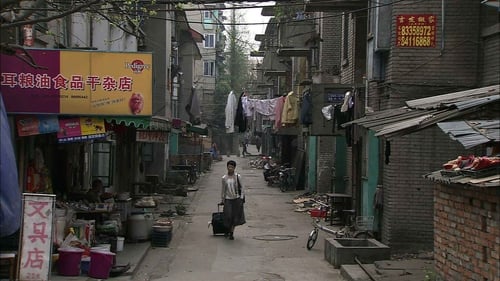
Su Na
大地震が起きる前の中国四川省・成都、巨大国営工場「420工場」が新興住宅地として再開発するため閉鎖された。かつて420工場で働いていた労働者たちが語る家族や初恋の人、一緒に働いた仲間との思い出……。閉鎖されていく工場の様子と彼らのインタビューを映し出しながら、現在に至る中国の変遷を浮き彫りにしていく。

An ancestral city; through its delicious botanical garden and its branched canals, we observe the clues and traces of its ancient culture. Two couples of men and women, former lovers, meet again one year later. The yesterday's breath of youth is still perceptible in their conversations. Is it still possible for us to love? Does youth really have an end? Like the networks linking the old city, what type of ecological existence does their culture require? Written by Venice Film Festival
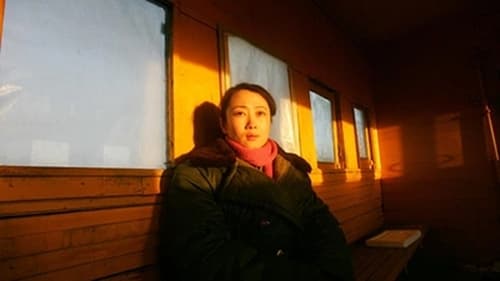
Throughout ten years of a key era in Chinese and Hong Kong history, a girl becomes fixated on a fellow commuter who she observes regularly. While the two never speak to one another, the girl captures her appearance and life changes during the years through various means such as photos and drawings.

Producer
Observations of three varied corners of China’s garment industry: workers in a large-scale production line factory; a designer who rallies against the mass-machine-production of clothes and has created the eponymous hand-made collection called ‘Useless’ (Wuyong) for Paris Fashion Week; and finally the simple life of increasingly out-of-work tailors in small town Fengdang.
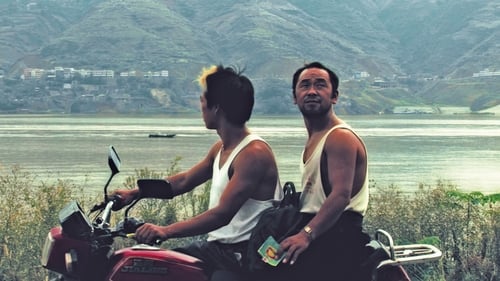
Shen-Hong Guo
サンミン(ハン・サンミン)は、16年前に別れた妻(マー・リーチェン)と娘を捜しに山西省から長江流域の都市、奉節にやって来る。昔の住所を頼りに妻の実家を訪ねたものの、そこはすでにダム建設のため水の底に沈んでいた。役所に問い合わせてもらちがあかず、結局、彼は安宿に腰を落ち着けて2人の行方を捜すことにする。
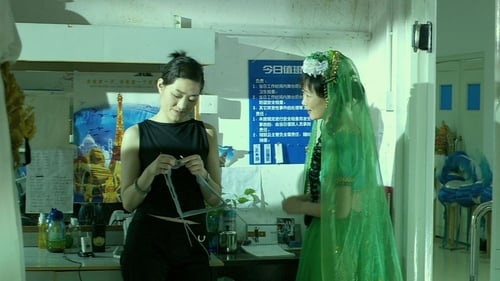
Tao
A young dancer, her security-guard boyfriend and others work at World Park, a bizarre cross-pollination of Las Vegas and Epcot Center where visitors can interact with famous international monuments without ever leaving the Beijing suburbs.
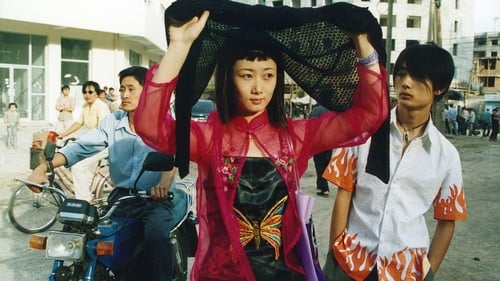
Qiao Qiao
Three disaffected youths live in Datong in 2001, part of the new "Birth Control" generation. Fed on a steady diet of popular culture, both Western and Chinese, the characters of Unknown Pleasures represent a new breed in the People's Republic of China, one detached from reality through the screen of media and the internet.

Yin Ruijuan
China's rapid changes from the late-1970s to the early 1990s, as seen through the lives of four performers in a theater troupe.



















